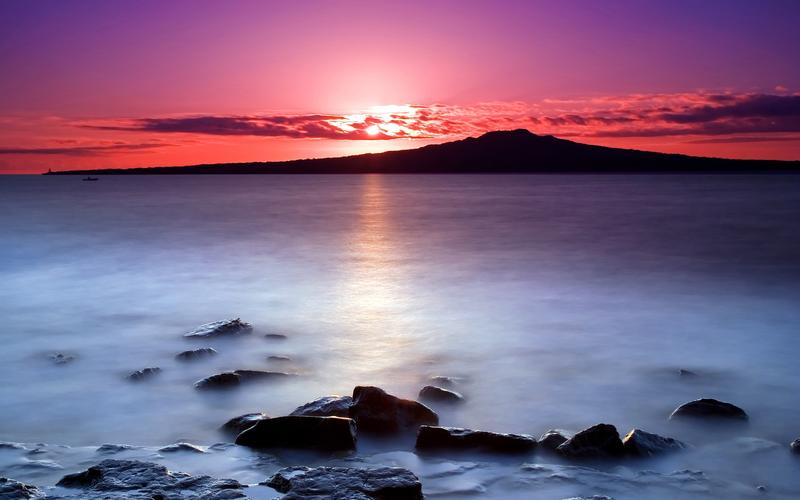Malaysia is a land of diversity, an amalgamation of various cultures and traditions. The country has been influenced over the years by several civilizations, including Chinese, Indian, and European. This has resulted in Malaysia’s landscape being a melting pot of customs and habits, where people from different backgrounds coexist in harmony. In this article, we explore the richness of cultural traditions practiced in Malaysia, highlighting the unique aspects of each community.
Islam is the dominant religion in Malaysia, with over 60 percent of its population practicing the faith. The Malay community, which accounts for the majority of the country’s Muslim population, observes several religious celebrations. Hari Raya Aidilfitri, also known as Eid al-Fitr, marks the end of the month-long Ramadan fast and is a joyous occasion for Muslims across the country. During this festival, families come together to seek forgiveness from one another and prepare elaborate meals consisting of traditional Malay dishes such as Rendang, Satay, and Nasi Lemak.
The Chinese community is the second-largest ethnic group in Malaysia, and they celebrate the lunar new year, commonly referred to as Chinese New Year. The festival lasts for 15 days and is marked by the exchange of red envelopes containing money, traditional lion and dragon dances, and offering prayers to ancestors. Traditional Chinese dishes dominate the dinner tables during this period, with delicacies such as Yee Sang, dumplings, and glutinous rice cakes being the highlight.
The Indian community in Malaysia is diverse, with people practicing different religious and cultural traditions such as Hinduism, Islam, and Sikhism. Deepavali, also known as Diwali, is the most popular festival observed by the Indian community in Malaysia. During this festival of lights, people light up their homes with earthen lamps and decorate them with colorful Rangolis. Traditional Indian sweets such as Ladoo, Jalebi, and Gulab Jamun are prepared, and families come together to enjoy a sumptuous feast.
The East Malaysian state of Sabah and Sarawak is home to several indigenous communities, each with its culture and traditions. The Kadazan-Dusun community celebrates the Harvest Festival or Pesta Kaamatan, marking the time when rice is harvested. The festival is a celebration of thanksgiving and involves traditional sports events such as buffalo races and blowpipe contests. The Iban community observes the Gawai Dayak Festival, which celebrates the end of the rice harvesting season. During this festival, families gather to feast on traditional Iban dishes such as Pansoh Manok (Bamboo Chicken) and Lemang (Glutinous Rice).
In conclusion, Malaysia’s cultural richness is evident in the diversity of practices and traditions observed by its people. From Muslim festivals such as Eid al-Fitr to the Chinese New Year and Diwali, and the indigenous celebrations in Sabah and Sarawak, Malaysia has something to offer for everyone. Through the celebration of cultural traditions and the coexistence of diverse communities, Malaysia stands as a beacon of unity and diversity in Southeast Asia.
(Note: Do you have knowledge or insights to share? Unlock new opportunities and expand your reach by joining our authors team. Click Registration to join us and share your expertise with our readers.)
Speech tips:
Please note that any statements involving politics will not be approved.
